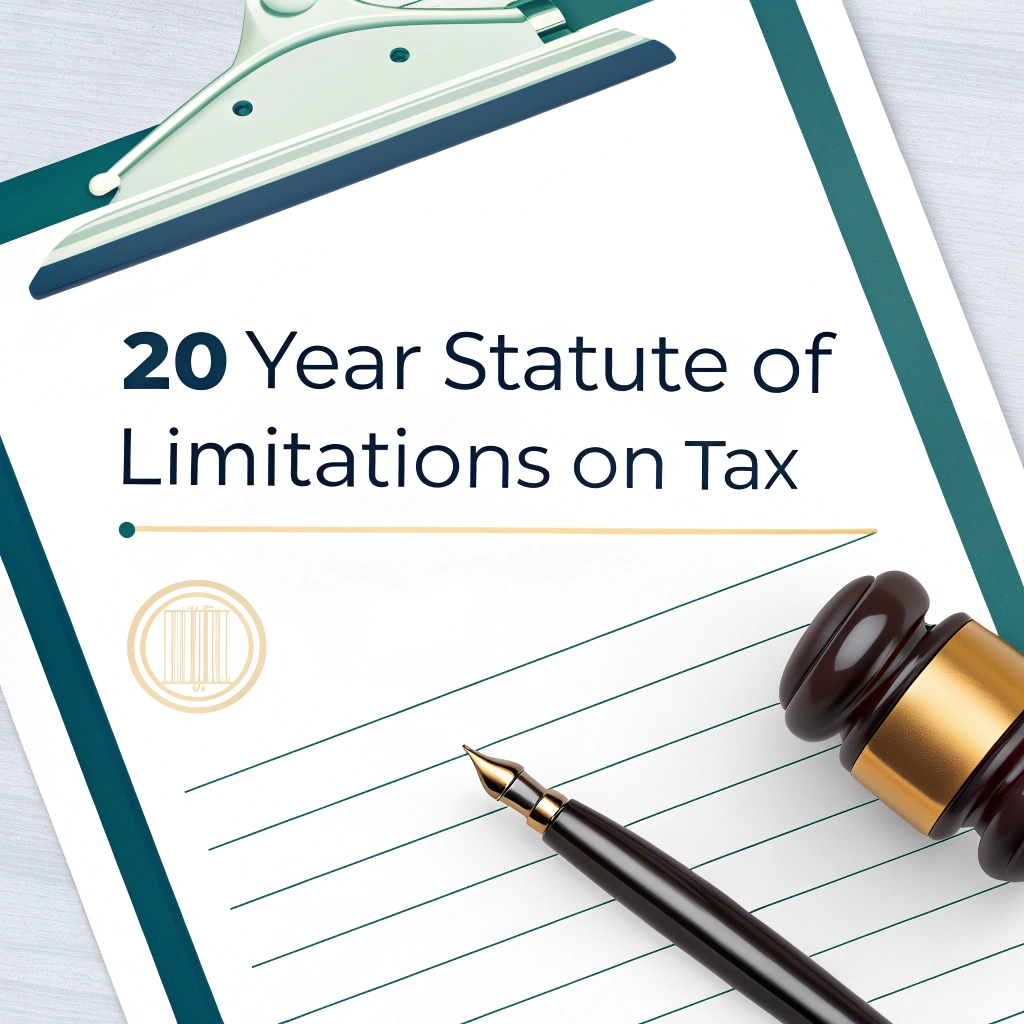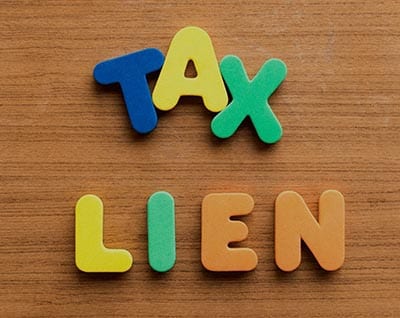
Can You Be Personally Liable for Unpaid NY Business Tax?
23 July, 2025 | tax collections Tax Relief Uncategorized
Who Can Be Held Personally Liable for New York State Business Taxes? In New York, the Department of Taxation and Finance (DTF) has the right to hold individuals responsible for unpaid sales or withholding taxes. The state is willing to go after individuals who have the authority and responsibility to track, calculate, withhold, deposit, or otherwise remit the business's sales or payroll taxes to the NYS DTF. If you've ever worked for or owned a business that fai... CONTINUE READING







